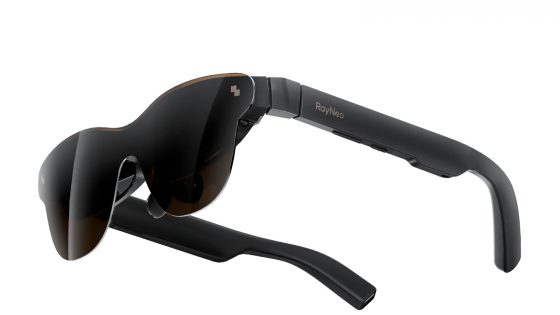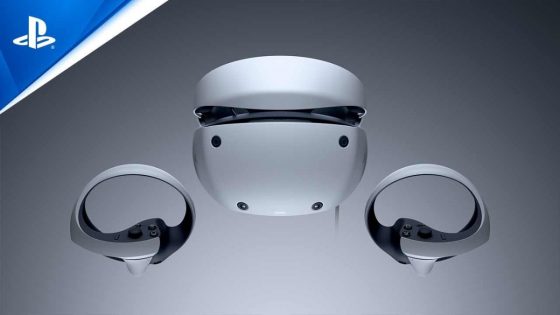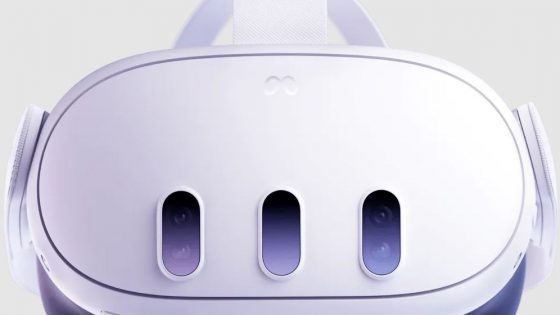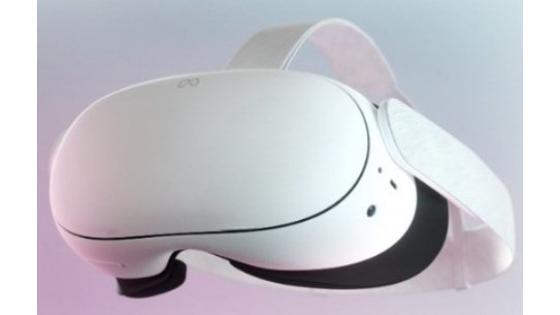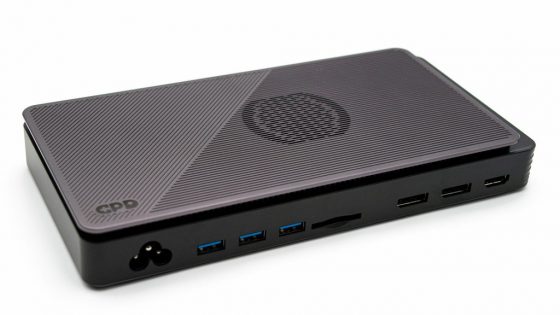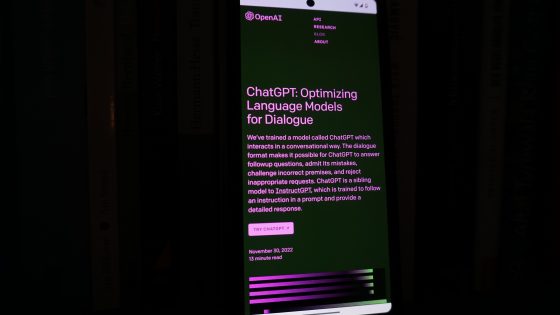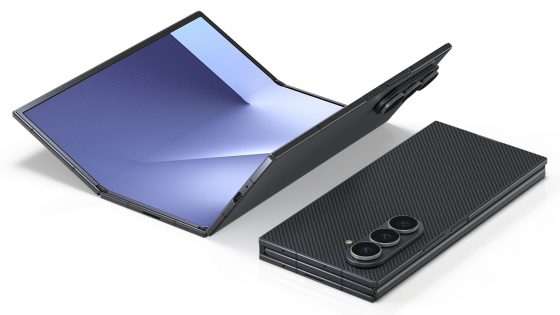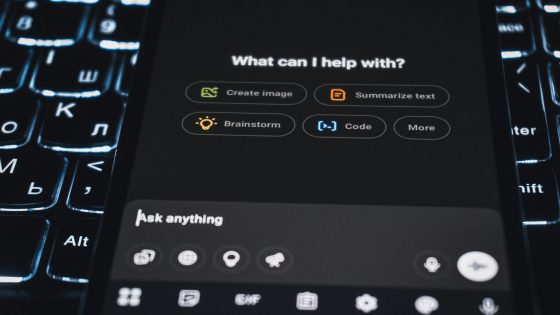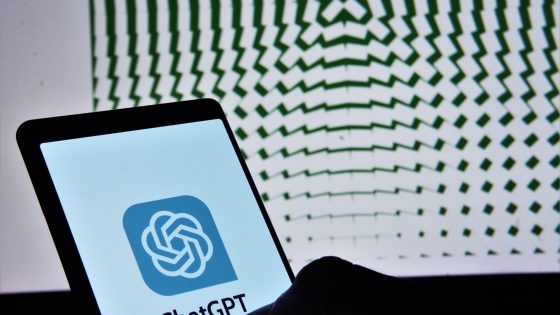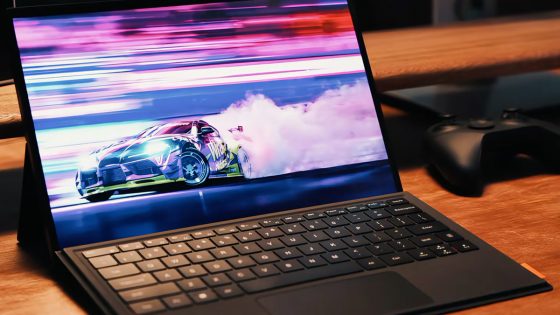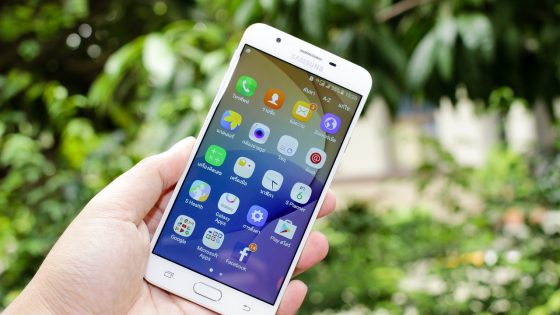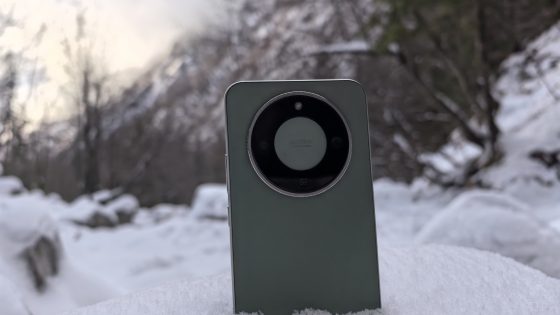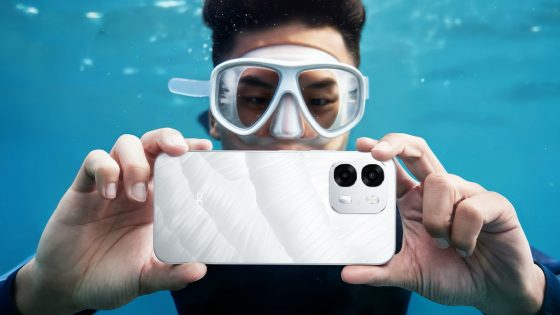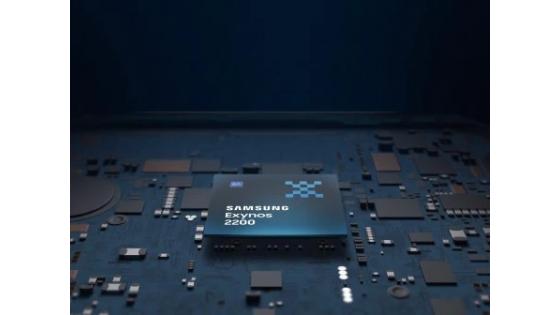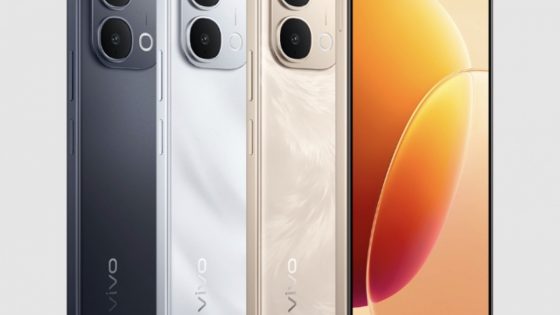Apple Vision Pro finally available in Europe
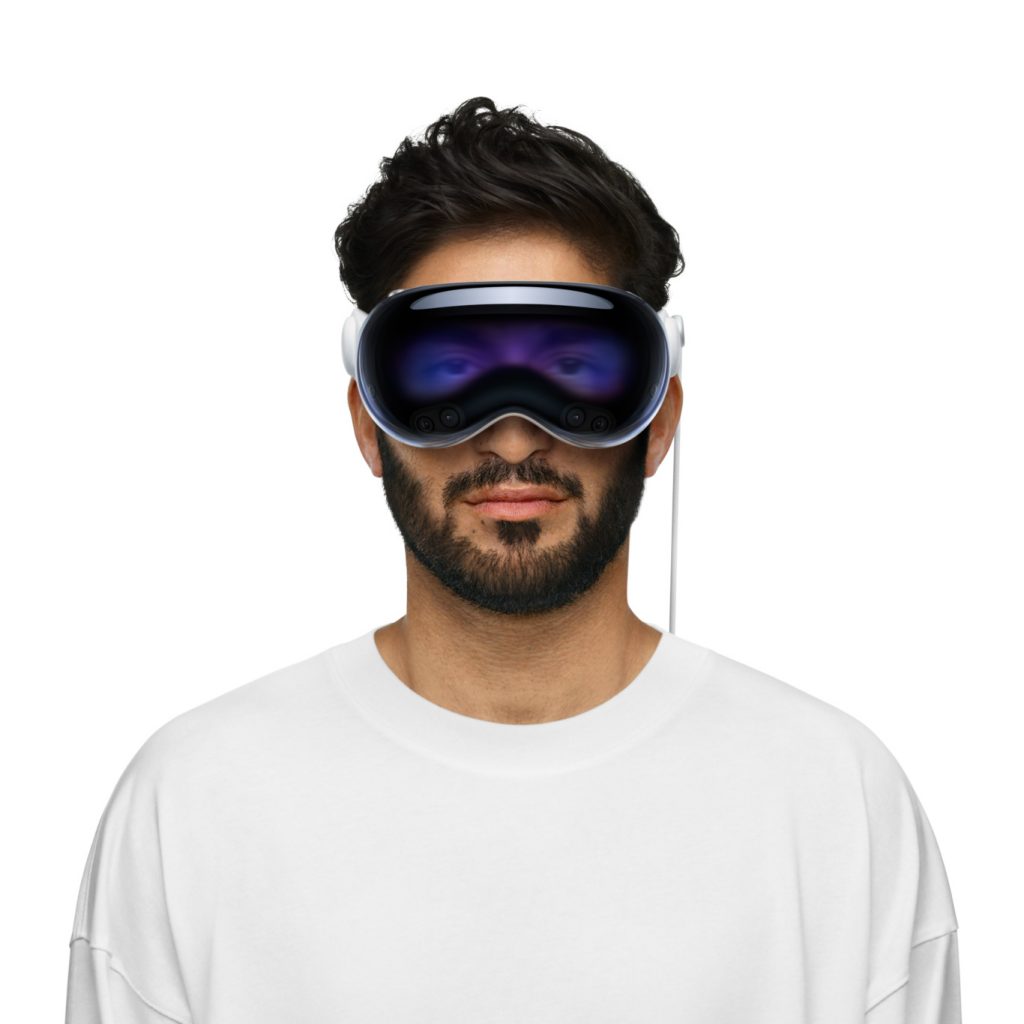
Remember the days when people would camp out in front of Apple stores to be the first to get their hands on new iPhones, tablets and other products from the “Big Apple”? Judging by what happened outside one of Apple’s stores in London when the Apple Vision Pro was released, those days are over. Apple’s very “high-tech” computer in a visor that you put on your head is finally available in Europe and the UK. It’s true that there are convenient pre-order options available today, but the fact that there wasn’t much interest at the time of its release also shows that there is still doubt about the future of VR devices. Will the technology in question manage to escape the world of tech fanatics and make its way to the mass market?
Apple wants to position the Vision Pro in such a way that customers believe they can do what they've been doing up until now, but better. Home videos become 3D videos, panoramic photos suddenly stretch across the entire wall and 360 degrees around us. It seems that the price of the device is the most problematic, namely in Europe it is £3,500 or €3,999.
Just for comparison, let's look at how Meta sees this same VR technology. A recent demo of the Meta Quest 3, which will be available in the UK from 2023, puts multitasking at the forefront. It was recently released Meta Quest 3 device advertisement, in which a man builds a cradle while looking at the instructions. Certainly not the most exciting concept of use, we can still see how Meta wants to showcase its technology. We are not at a loss for words about the price, which is no higher than 600 euros.
Apple vs. Meta: Who will win the VR match?
Apple and Meta are the biggest VR players, but the market is much more saturated than it might seem. Today, we can choose from tens or even hundreds of different VR devices. What they all have in common is that none of the devices has yet managed to become a mass product.
Until recently, the Vision Pro was only available in the US – analyst firm IDC predicts that no more than 500,000 devices will be sold this year. Meta, which does not disclose unit sales figures for the Quest, is estimated to have sold around 20 million devices.
VR devices are nowhere near as indispensable as tablets, let alone smartphones. George Jijiashvili, an analyst at market research firm Omdia, says that users soon stop using and throw away many of the devices they buy.This happens mainly at the expense of a limited influx of useful and interesting content that would keep the user chained to the device", he adds. Of course, the lack of content leads to less interest from both users and developers, who are the ones responsible for developing the content. "It's a chicken and egg situation", says Jijiashvili.
Alan Boyce, founder of mixed reality studio DragonfiAR, pointed out that the first buyers of the Vision Pro device will have to be patient until they get more content. In this area, the Quest 3 is ahead of Apple's product, as it already offers a robust game library, and also allows you to do the same things as the Vision Pro.
IDC analyst Francisco Jeronimo adds that Apple should not be written off despite its somewhat slower start.Apple is always expected to sell millions of products immediately. All the time, products are compared to the iPhonem”, says Jeronimo. The fact is, however, that even the iPhone needed time to gain a sufficient number of customers and start experiencing rapid sales growth.
Melissa Otto of S&P Global Market Intelligence argues that the iPhone only became a mass product when the App Store “exploded” with the addition of an enormous amount of applications.When people feel that their lives are getting better and easier, then they are ready to take a step forward", says Otto.



